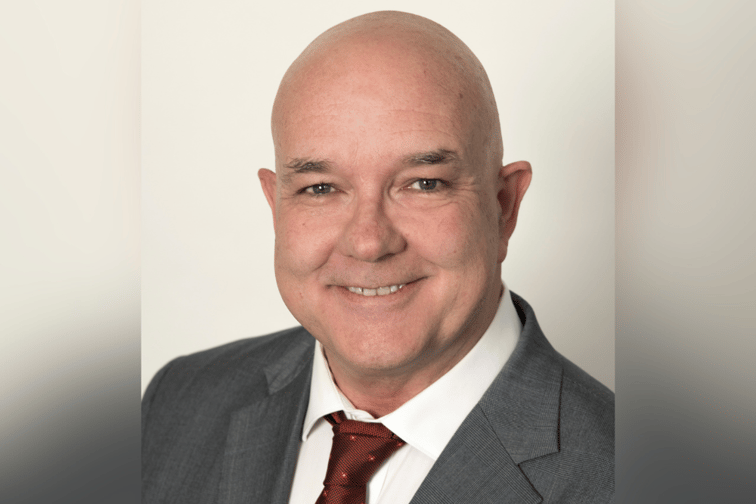

Carl King (pictured), managing director of Perth based Apollo Risk Services, says the rise of data and automation is driving the human element out of the claims process. King believes this absence of people is the biggest challenge facing the insurance industry.
“The people contact, empathy, human intervention – it’s going,” he said.
King blames underwriters.
“I think the underwriters are doing this, obviously to save expenses and give more return to the shareholders. But what it’s doing, it’s driving the human element out of the industry,” he said.
The Apollo Risk MD has lived in Western Australia and worked in Perth’s insurance industry for four decades. He’s a huge fan of the insurance world but is concerned about the future.
“I just love it. I love the industry. Love it,” said King.
However, King is worried that a de-humanization of the claims process is gathering pace and with it has come an over reliance on automation and following a process.
“It really is a shame, especially with some of the claims I’ve been dealing with in the last couple of months. They all refer to the process,” he said. “We need to stop the process, have a rethink, get some human intervention and get some empathy and try and solve these things as humans rather than robots,” King explained.
The industry veteran said this increasing absence of the human element has also manifested itself in the insurance industry’s education process. From the get-go, he argues, insurance professionals are denied the personal network of friends and industry colleagues that he enjoyed back in the 1980s.
“When I used to be at TAFE, it was fantastic! I used to meet lots of other insurers and brokers and you formed friendships with all these people. Now, you’re lucky to get a face-to-face meeting,” he said.
Back in the 1980s, King studied for his TAFE insurance industry diploma. The course entailed two four-hour sessions after work each week in a physical classroom with other students.
“The people in the class were a similar age with similar knowledge. Then as you grow up in the industry, like I have, they’ve become state managers, underwriting managers, claims managers and you form a bond with these people,” he said.
King said his former TAFE colleagues provide a valuable resource.
“If you ever get stuck with something that you don’t know, or you want a sympathetic ear, or you want someone to bounce something off, you can always do that,” he said.
Face-to-face TAFE courses have now been replaced with online certificates studied from home.
“It’s all on the computer, read this paragraph, answer that question,” he said.
King worries that students studying their insurance diplomas no longer have much opportunity to ask questions and discuss ideas.
“You don’t have scenarios where you can put your hand up and say, ‘I don’t really understand that. Could you tell me about this?’ And there’s about four or five other people in the class that probably wanted to ask the same question. We’re losing that,” he said.
King said students today lack the learning experience of listening to colleagues in the classroom relate their experiences.
“And also, the lecturer and what he can download to you by relating his own industry experience,” he added.
Following his own studies, and until about 20 years ago, King taught liability, property and claims courses at TAFE in Perth.
All of those courses are now online.
“You can’t go to a classroom,” he said.
“It’s online and that’s it. And it probably costs about five times what it used to,” said King.
However, King praised the online courses offered by Deakin University. He completed his insurance fellowship and advance diploma in financial services through the university.
“Deakin University do a fantastic course, absolutely brilliant! You could get hold of the lecturers and you could talk to them,” he said.
King said that human contact isn’t possible in today’s TAFE courses.
“We need to bring people back, we do,” he said.
Apollo Risk has 12 direct employees and also 70 authorized reps and their staff around Australia, including about 30 in Western Australia.
“When my staff study,” he explained. “I ask them to come to me if they’ve got any questions and we go through it with them because they don’t have that through the people that are offering the courses,” said King.
He encourages the owners of brokerage firms to educate their staff by documenting and discussing their own experiences.
“I plead with every owner of a brokerage to download their experiences to their staff. ‘What happened here? This is how I handled it.’ Because eventually they will experience the same hurdles,” he said.
King said that might just mean going out for a beer together.
“You don’t have to breach any privacy but it’s amazing how many people have gone through the same thing and they’ve handled it differently, with a better outcome,” he said.
“And you need to learn from that, and I don’t think we’re doing that as an industry,” King added.
